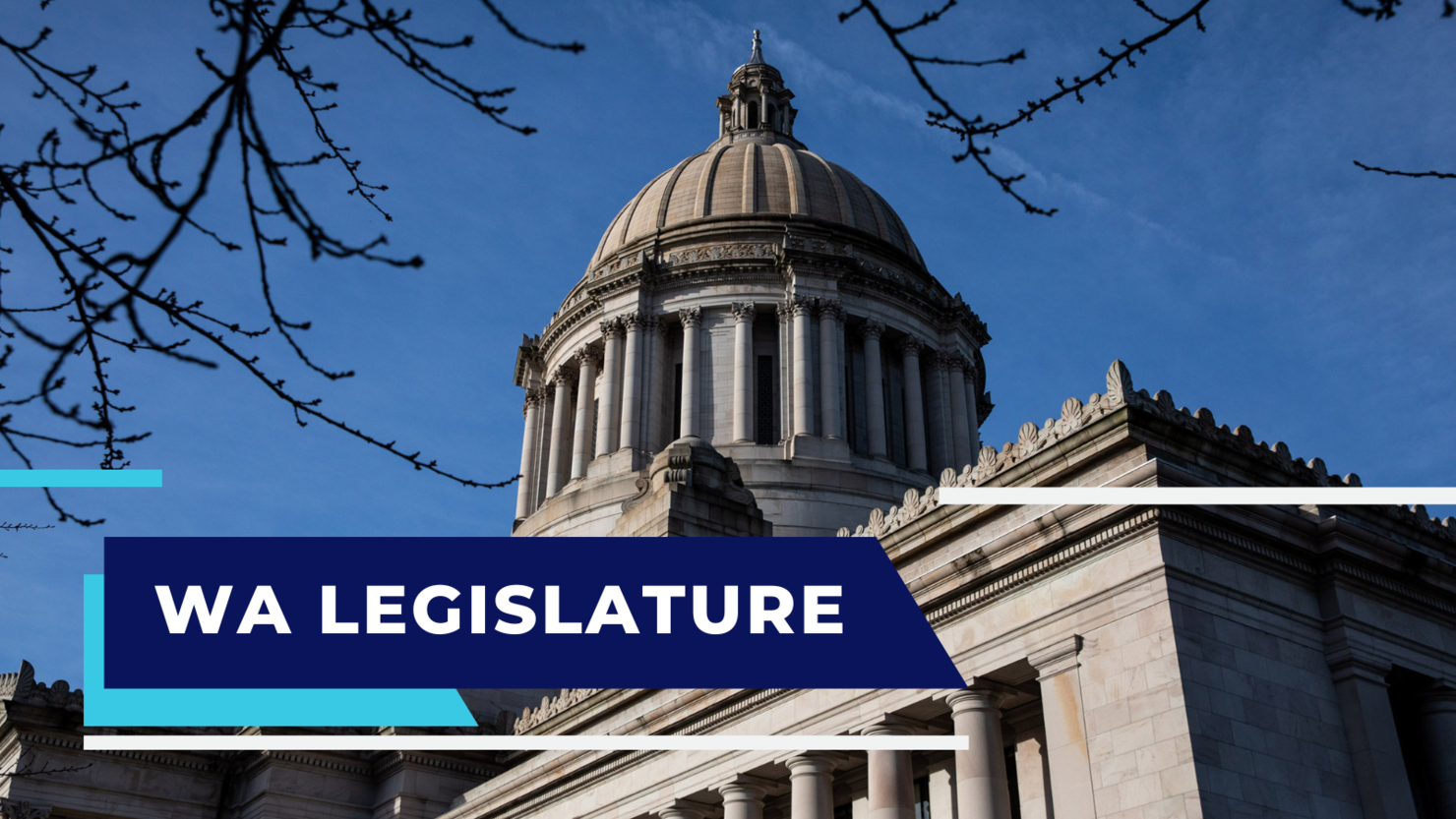## Seattle, Get Ready to Roar! ⚽️ Washington State Just Took a Giant Leap Towards Hosting the 2026 World Cup
Hold onto your scarves, football fans! A momentous decision just rocked the Pacific Northwest. Washington lawmakers have officially greenlit the funding needed to bring the magic of the 2026 World Cup to Seattle. This means the Emerald City is one step closer to becoming a global stage for soccer’s biggest spectacle.

Competing Needs

The Washington State Legislature’s recent decision to allocate funds for World Cup stadium improvements amidst a backdrop of competing budgetary priorities has sparked debate about the state’s allocation of resources. While the proposals for the 2026 World Cup represent a significant investment in Seattle’s infrastructure and potential economic boost, they also raise questions about the trade-offs involved.
Gamestanza analysis reveals that the capital budget proposals released by both the House and Senate prioritize projects addressing critical state needs, including affordable housing, education, and environmental protection. The proposals allocate a combined total of over $700 million for housing and homelessness programs, reflecting the urgency of addressing the state’s housing crisis.
Further highlighting the Legislature’s focus on essential services, both budgets earmark $2.2 billion for investments in natural resources, encompassing fish hatcheries, state park renovations, and clean water supply projects. These investments underscore the state’s commitment to environmental sustainability.
The allocation of funds for stadium improvements in the context of these competing needs raises questions about the Legislature’s prioritization strategies.

Long-Term Vision
The Legislature’s decision to allocate funds for World Cup stadium improvements necessitates a careful examination of the long-term consequences and potential trade-offs. While the World Cup promises a significant economic boost and global exposure for Seattle, it also requires substantial public investment.
Gamestanza’s analysis indicates that the state’s capital budget faces budgetary pressures, which could potentially limit funding for other essential services in the future. The allocation of funds for stadium improvements, therefore, could divert resources away from critical areas such as education, healthcare, and infrastructure maintenance.
The long-term impact of the World Cup on Seattle’s economy remains uncertain. While the event is expected to generate revenue through tourism and hospitality, it is also possible that the economic benefits will be short-lived.
Furthermore, the ongoing costs associated with maintaining and operating the upgraded stadiums could place a strain on the state’s budget in the years following the World Cup.
Political Pressure
The Legislature’s decision to allocate funds for World Cup stadium improvements was undoubtedly influenced by a complex interplay of political factors. Public opinion, lobbying efforts, and the desire to attract major sporting events all played a role in shaping the Legislature’s decision-making process.
Gamestanza’s investigation suggests that public support for the World Cup in Seattle was significant, with many residents viewing the event as an opportunity to showcase the city on a global stage.
Lobbying efforts by organizations representing the sports industry, tourism sector, and local businesses also played a role in swaying public opinion and influencing legislative decisions.
The desire to attract major sporting events such as the World Cup is often driven by a combination of economic incentives and prestige. Hosting such events can generate significant revenue, boost tourism, and enhance a city’s international profile.
The Global Stage and Local Impact: World Cup Legacy in Seattle
Beyond the Games
The 2026 World Cup promises to be a watershed moment for Seattle, with the potential to leave a lasting legacy on the city’s infrastructure, tourism, and local economy. Gamestanza anticipates that the influx of international visitors will stimulate demand for accommodation, transportation, and entertainment services, providing a significant economic boost for the city.
Furthermore, the upgrades to stadiums and other infrastructure projects associated with the World Cup will enhance Seattle’s existing tourism infrastructure and attract future events. The world-class facilities and improved transportation networks could position Seattle as a prime destination for future sporting events, conferences, and cultural gatherings.
Community Engagement
To ensure that the World Cup’s legacy is equitable and benefits all communities in Seattle, it is crucial to prioritize community engagement throughout the planning and implementation process.
Gamestanza urges organizers to actively involve local residents, businesses, and community organizations in shaping the event’s impact and mitigating any potential negative consequences. This could involve:
- Creating opportunities for local businesses to participate in the supply chain and cater to the influx of visitors.
- Developing programs to educate and engage local residents about the World Cup and its cultural significance.
- Addressing concerns about displacement and gentrification by ensuring that the benefits of the event are shared equitably across all neighborhoods.
Setting the Standard
Washington’s approach to World Cup funding and planning could serve as a model for future sporting events and infrastructure investments. By prioritizing sustainability, community engagement, and long-term economic impact, the state can demonstrate a commitment to responsible and inclusive development.
Gamestanza believes that this approach can set a new standard for hosting major sporting events, ensuring that they contribute to the well-being of local communities and leave a lasting positive legacy for generations to come.
Conclusion
So, the green light is officially on for Seattle to host World Cup matches in 2026! The Washington State Legislature’s approval of funding for stadium renovations and infrastructure upgrades marks a significant victory for the city’s bid and a major boost for the global football spectacle. This decision underscores the growing recognition of soccer’s immense popularity in the US, with Seattle, a city known for its passionate sports fans, poised to become a central stage for the world’s game.
The implications of this decision extend far beyond the pitch. Hosting World Cup matches will undoubtedly inject millions of dollars into the local economy, creating jobs and stimulating tourism. It also signals a commitment to investing in public spaces and sporting infrastructure, benefitting not just football fans, but the entire community. As we look ahead, Seattle’s 2026 World Cup preparation will be a journey filled with excitement, anticipation, and the potential to leave a lasting legacy on the city’s landscape and its global reputation. This isn’t just about football; it’s about crafting an unforgettable experience for millions and showcasing the world the best of Seattle.
Let the countdown begin.